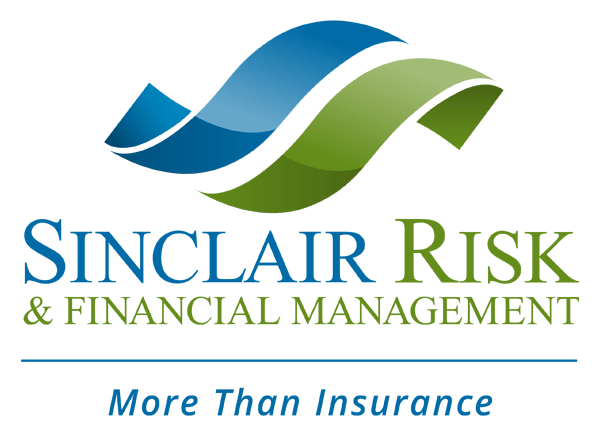 Marketing is changing every day. Once, patients would choose their healthcare provider by location. Whichever clinic, hospital, doctor’s office or nursing home was closest was the one that got their business. But tools like Google, YELP, Facebook and numerous health care agency review websites allow patients to quickly compare services, medical staff credentials, and comments from former patients.
Marketing is changing every day. Once, patients would choose their healthcare provider by location. Whichever clinic, hospital, doctor’s office or nursing home was closest was the one that got their business. But tools like Google, YELP, Facebook and numerous health care agency review websites allow patients to quickly compare services, medical staff credentials, and comments from former patients.
The Pew Research Center found that “77% of online health seekers say they began their last session [for medical information] at a search engine such as Google, Bing, or Yahoo. Another 13% say they began at a site that specializes in health information, like WebMD.”
Consumers have access to a wealth of information. They no longer have to take a doctor or nurses’ word as truth. They can double check and evaluate. This forces healthcare providers to operate with more transparency. Did a nurse write something inaccurate? Did a doctor respond without empathy? Consumers can learn about these flaws and mistakes before ever setting foot in an office.
Furthermore, there has been a substantial shift in the healthcare industry. The health insurance exchanges created from the Affordable Care Act have created a shift toward consumer-driven healthcare. As more employees untether their healthcare from their employment, healthcare agencies lack a guaranteed customer base. This forces them to compete.
Dodging regulations and fighting off litigation has become so taxing that many healthcare providers are giving up. Their profit margins are smaller than ever and competition has become fierce. In order to be successful and achieve sustainable growth, healthcare organizations must employ strong marketing and sales strategies.
Healthcare marketing is more than slapping together a website and buying Yellow Pages ads (p.s. – we don’t encourage buying yellow page ads any more!). It’s discovering and meeting the needs and wants of patients, and using this knowledge to create high-value healthcare products. This type of marketing means analyzing products to make improvements, adjusting pricing to sustainable levels, promoting to the right people at the right time, and (most importantly) maintaining a connection with past patients so they return for their future healthcare needs.
To stay relevant, healthcare organizations must listen to their customers and adapt. Healthcare marketers gather data from patients after the care has been provided to improve the service.
Many professionals view “sales” as a dirty word; something sleazy and manipulative. But at its heart, sales is about making the consumer aware of something’s value. For example, if a doctor believed a patient should have a knee replacement, but the patient was reluctant, the doctor would focus on the benefits of the procedure: less pain, more mobility, fun with grandchildren, etc.
Salespersons are part of healthcare organizations to carefully explain the value of their products. A nursing home would explain the benefits of their facility while assuring a family that their loved one is in good care. A dentistry office would convince parents that their child needs braces because there are serious social and career ramifications of having crooked teeth. A salesperson may also arrange partnerships with other healthcare organizations to provide extended products and services to their patients.
With strong marketing and sales strategies in place (executed by competent teams), healthcare organizations will be able to compete in the new age of consumer-drive, information-rich medical care.
Heather Sinclair
Risk Management Consultant
hsinclair@srfm.com

